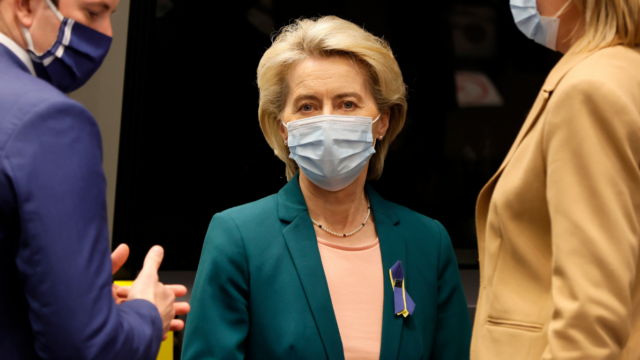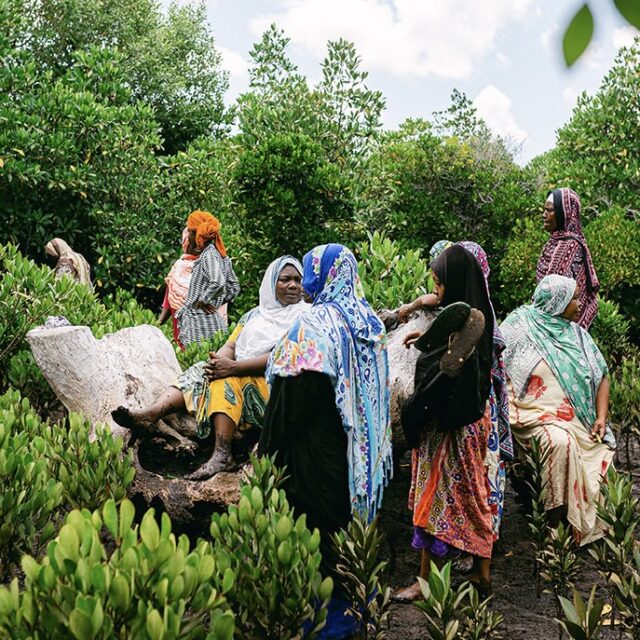This Friday, April 8, we have our eyes set on the 2022 Advanced Market Commitment (AMC) Summit — hosted by Germany and Gavi, the Vaccine Alliance — and, in particular, on the role that the European Union (EU) plays in making it a success. The Summit aims to raise at least US$5.2 billion in urgent funds for COVAX — a key component of the Access to COVID-19 Tools Accelerator (ACT-A) that helps deliver vaccines to low- and middle-income countries (LMICs) around the globe.
While the EU and other countries have already supported ACT-A‘s life-saving work, there is still a substantial funding gap to cross the finishing line. Most of the resources pledged this Friday for COVAX will be used to ramp up vaccination in lower-income countries and cover in-country delivery and ancillary costs — such as storage, syringes, and transportation — that are currently hindering vaccination targets and risking the world‘s progress against COVID-19.
Among the different participants in this Friday‘s Summit, the EU has a considerable margin to manoeuvre to make a significant contribution. In July 2021, the European Commission (EC) announced the EU‘s commitment to donate 200 million vaccine doses to LMICs, setting aside €1.3 billion for this purpose. However, despite the welcomed act of solidarity, the EC hasn‘t completed the purchase yet, creating a unique opportunity to use this money more wisely.
Taking into account that the supply of vaccines is no longer the most pressing issue, but rather in-country logistics and distribution bottlenecks, the Commission should redirect those resources to meet COVAX‘s target as well as ACT-A‘s overall funding gap, currently estimated at €25 billion. The change in priority from vaccines to vaccination has been echoed by health authorities across LMICs. Africa Centres for Disease Control and Prevention Director Dr. John Nkengasong recently stated that the challenge is on delivery and even warned that “too many doses without the infrastructure or coordination to distribute them could lead to vaccines expiring”.
The EU‘s decision to turn the committed doses into a financial contribution — presently at the desk of the President of the European Commission Ursula Von der Leyen — could become a game-changer in the race to vaccinate the world. It would help drive vaccination rates up and still leave plenty of money to boost the diagnostics and therapeutics pillars of the ACT-A. Or in much simpler terms, such a reallocation of funds would ensure greater impact, while demonstrating that leaders are in tune with the changing realities on the ground.
Emily Wigens is EU Director at The ONE Campaign and Hilary Jeune is Senior Advisor at Pandemic Action Network.
Photo credit: ASSOCIATED PRESS



